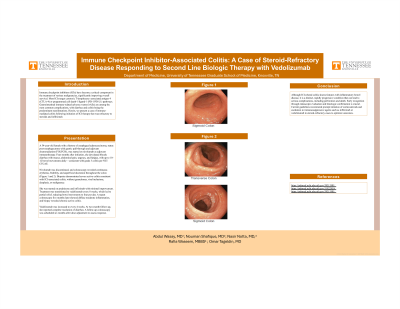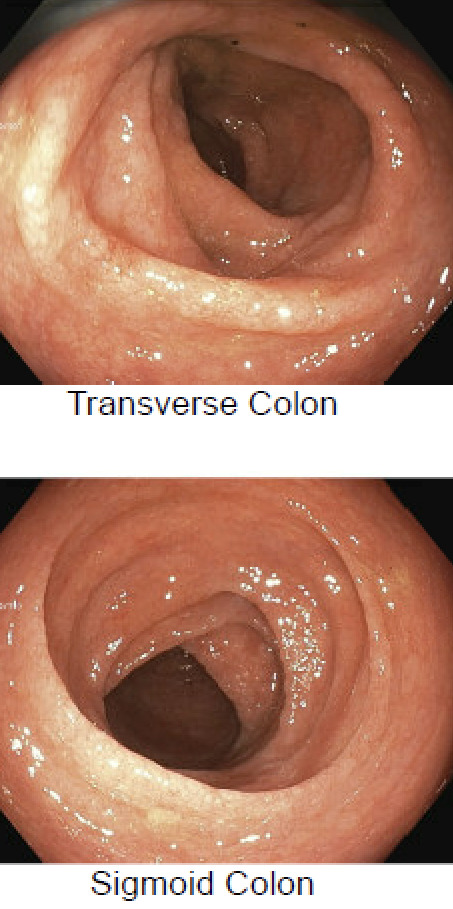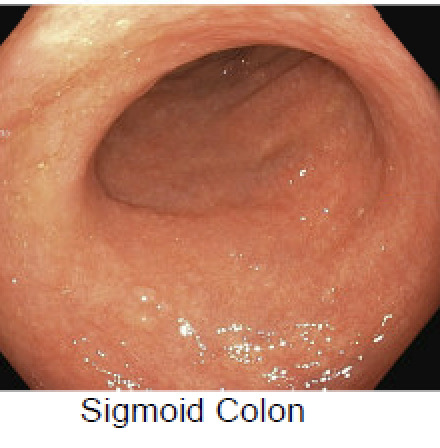Sunday Poster Session
Category: Colon
P0341 - Immune Checkpoint Inhibitor-Associated Colitis: A Case of Steroid-Refractory Disease Responding to Second-Line Biologic Therapy With Vedolizumab

- AW
Abdul Wasay, MD
University of Tennessee
Knoxville, TN
Presenting Author(s)
1University of Tennessee, Knoxville, TN; 2AdventHealth Orlando, Orlando, FL; 3University of Tennessee medical center, Knoxville, Knoxville, TN; 4Shalamar Institute of Health Sciences, Knoxville, TN; 5university of tennessee medical center, knoxville, Knoxville, TN
Introduction: mmune checkpoint inhibitors (ICIs) have become a critical component in the treatment of various malignancies, significantly improving overall survival. Most ICIs target cytotoxic T-lymphocyte–associated antigen 4 (CTLA-4) or programmed cell death-1/ligand-1 (PD-1/PD-L1) pathways. Gastrointestinal immune-related adverse events (irAEs) are among the most common complications, with diarrhea and colitis being the predominant manifestations. Herein, we present a case of immune-mediated colitis following initiation of ICI therapy that was refractory to steroids and infliximab.
Case Description/Methods:
A 54-year-old female with a history of esophageal adenocarcinoma, status post-esophagectomy with gastric pull-through and adjuvant chemoradiation (FOLFOX), was started on nivolumab as adjuvant immunotherapy. Four months after initiation, she developed bloody diarrhea with mucus, abdominal pain, urgency, and fatigue, with up to 10–12 bowel movements daily—consistent with grade 3 colitis.
Nivolumab was discontinued, and colonoscopy revealed continuous erythema, friability, and superficial ulceration throughout the colon (Figure 1 and 2). Biopsies demonstrated severe active colitis consistent with ICI-associated colitis, without granulomas, viral inclusions, dysplasia, or malignancy.
She was started on prednisone and infliximab with minimal improvement. Treatment was transitioned to vedolizumab every 8 weeks, which led to partial relief, reducing bowel movements to four per day. A repeat colonoscopy five months later showed diffuse moderate inflammation, and biopsy revealed chronic active colitis. Vedolizumab was increased to every 4 weeks. At two-month follow-up, she reported complete resolution of diarrhea. A follow-up colonoscopy was scheduled six months after dose adjustment to assess response.
Discussion: Although ICI-related colitis shares features with inflammatory bowel disease, it is a distinct, rapidly progressive condition that can lead to serious complications, including perforation and death. Early recognition through endoscopic evaluation and histologic confirmation is crucial. Current guidelines recommend prompt initiation of corticosteroids and escalation to immunosuppressive agents such as infliximab or vedolizumab in steroid-refractory cases to optimize outcomes.


Disclosures:
Abdul Wasay, MD1, Nouman Shafique, MD2, Nasir Notta, MD3, Rafia Waseem, MBBS4, Omar Tageldin, MD, FACG5. P0341 - Immune Checkpoint Inhibitor-Associated Colitis: A Case of Steroid-Refractory Disease Responding to Second-Line Biologic Therapy With Vedolizumab, ACG 2025 Annual Scientific Meeting Abstracts. Phoenix, AZ: American College of Gastroenterology.
